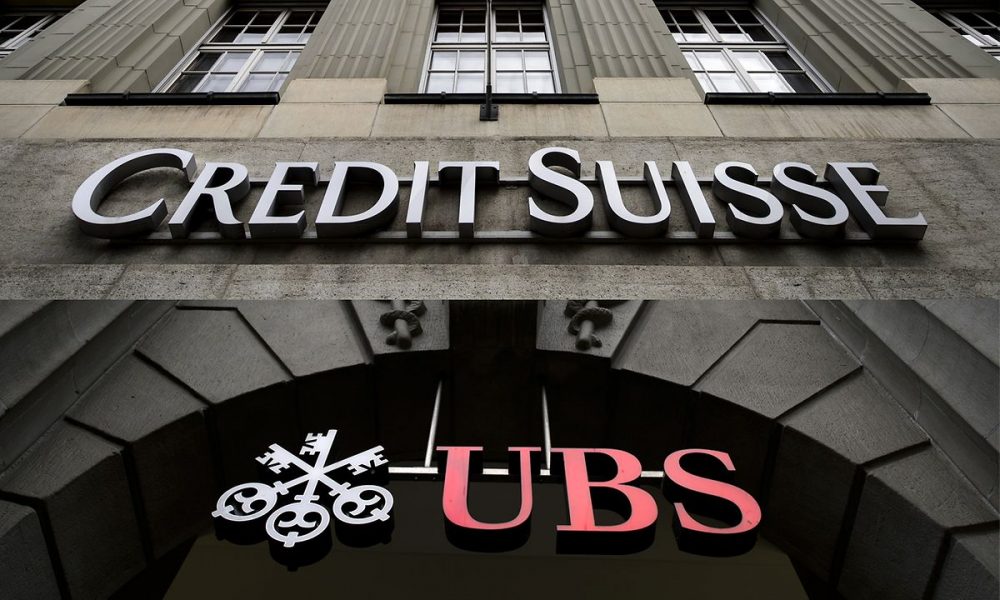Swiss bank UBS announced on Monday that it has officially completed its acquisition of rival Credit Suisse. “We will now unite rather than compete as we embark on the next chapter of our shared journey,” Sergio Ermotti, newly returning CEO of UBS Group, said in a statement. However, right after this development, Fitch Ratings downgraded UBS’s credit rating, increased Credit Suisse’s rating, and determined the outlook as “stable”.
In an open letter, the bank’s executives said they would not compromise UBS’ “strong culture” or “conservative risk approach”. Risk management failures over the past few years played a major role in Credit Suisse’s eventual collapse.
While UBS Group manages UBS and Credit Suisse as separate banks in the short term, questions remain about the future of assets, including Credit Suisse’s award-winning retail bank.
1 UBS share for every 22.5 Credit Suisse shares
Following the acquisition, Credit Suisse and American Depositary Shares will be removed from the SIX Swiss Exchange and New York Stock Exchange, and shareholders will receive one UBS share for every 22.48 Credit Suisse shares they own.
The expanded UBS will have a balance sheet of $1.6 trillion and a workforce of 120,000. Ermotti had previously warned that the new group “cannot create short-term job opportunities for everyone. Synergies are part of the story.” The combined company will report its first consolidated results on August 31.
UBS said on Monday it expects “Credit Suisse operating losses and significant restructuring expenses” to offset as we remove risk-weighted assets, and estimates the Tier 1 common equity ratio for the remainder, which is a measure of capital versus assets.
The Swiss government will cover billions of dollars of damage
The $3.2 billion takeover prompted Swiss regulators to worry that serious losses in Credit Suisse would destabilize the banking system. Approving the deal, the Swiss government agreed to cover the 9 billion Swiss francs ($10 billion) loss after UBS assumed the first 5 billion Swiss francs as part of the transaction.
After multiple scandals and years of share price declines in Credit Suisse, the takeover arguably destroyed the bank’s AT1 bondholders’ assets worth 16 billion Swiss francs ($17 billion).
Beat Wittmann, co-founder and partner of Porta Advisors, said the pace at which UBS was managing the acquisition was positive for the bank.
“It will certainly be difficult to move forward … but due to the emergency operation and the collective failure of policymakers and of course Credit Suisse, UBS struck an extraordinarily advantageous deal over the weekend,” Wittmann said.
“There are so many margins of safety in terms of price, in terms of credit lines, in terms of risk-sharing with the government, which is really important.”
Wittmann said UBS faces several significant challenges; the first is the physical integration and merging of operating models of the two major banking giants.







